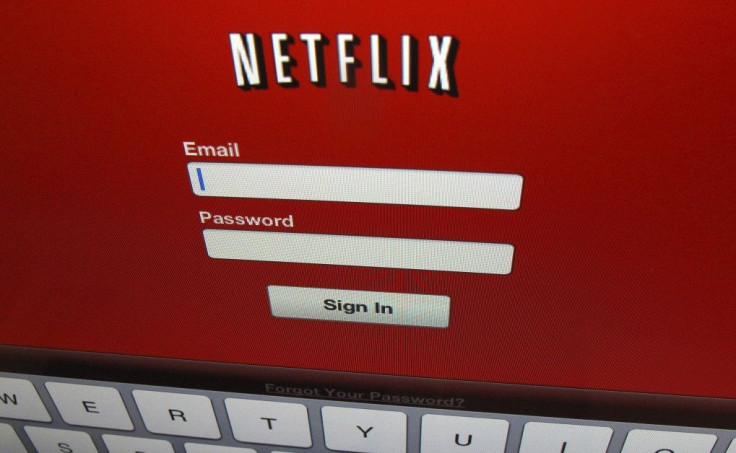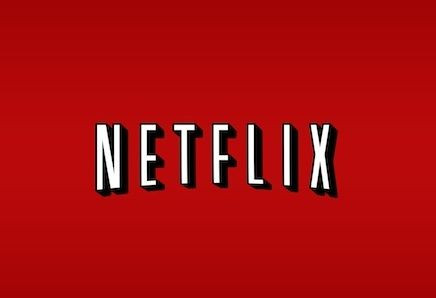How Netflix Avoided PR Nightmare With Latest Price Increase

This time around, Netflix Inc. (NASDAQ:NFLX) is garnering praise rather than outrage for its proposal to raise fees.
Monday’s announcement of the streaming video giant’s decision to raise subscription fees by $1 or $2 for new users was greeted with a boost in stock value, excited Wall Street investors and even some satisfied customers.

That’s a far cry from the reaction in 2011, when a similar fee hike triggered such a widespread backlash that Netflix stock fell by 40 percent and some called on CEO Reed Hastings to resign. The company took the lessons it learned three years ago to do just about everything differently in 2014 while also proving that it finally has pricing power.
“If we want to continue to expand, to do more original content … we have to eventually increase prices a little bit,” Hastings said in Monday’s conference call.
Not that there was no backlash at all to Hastings' announcement. No one wants to pay more for the same service, and users expressed their displeasure over the fee hike on Twitter and in thousands of online comments. But a number of factors made this announcement more palatable to investors and consumers.
The primary difference this time is that Netflix is not pairing a price increase with worse service. When the company announced the raised fees in 2011, it also introduced a separate service, Qwickster, and told customers they would have to sign up to continue getting DVDs in the mail. So many customers canceled their Netflix subscriptions that shares of Netflix dropped 40 percent and Hastings was forced to make a public apology.
Netflix is keeping service consistent and claims that the higher fees will be used to acquire more content, deliver a better streaming experience and invest in more original content like the massively successful “House of Cards” and “Orange is the New Black.” In 2011, Netflix didn’t have any original content to keep customers from leaving for other video streaming services.
Current Netflix subscribers won’t even be affected by the price change for a while, as Netflix said that it will charge only new members at the new rate. By keeping the cost at $7.99 for current users for “a generous time period,” the company bought itself some time for the initial outrage to calm down.
By tying the announcement with a better-than-expected earnings report, Netflix also made sure that even if customers weren’t thrilled by the prospect of a price increase, investors would be. Netflix said it added 2.25 million customers in the first quarter of 2014, and the additional dollars can equal substantial revenue. Analysts also hope the fees will help Netflix expand to more markets globally, and several brokerages raised their price targets on Netflix stock.
Netflix reported a net income of $53 million in the first quarter, up from $3 million in the same period last year. Shares of Netflix closed 7 percent higher at $372.90 on Tuesday following the announcement.
© Copyright IBTimes 2024. All rights reserved.






















